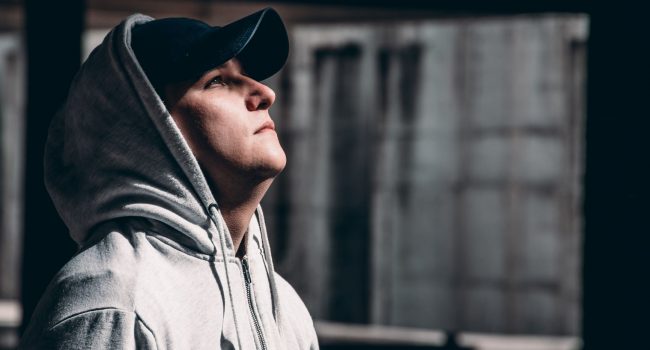Although Australia is taking a prominent role in protecting those under the age of 16 from the dangers of social media, the debate around the criminal age of responsibility has seen some states push for those 10 and over to be punished for their crimes; Australian Strategic Policy Institute Fellow Anna Alexander argues this inconsistency around age and vulnerability highlights contradictions in the country’s policies, and that a whole-of-government approach is essential to protect at-risk youth.
“
While these approaches tap into public frustrations about crime, they overlook the importance of addressing the root causes of youth offending. Early intervention, not harsher penalties, is the key to real change.
According to current Australian political discourse, a 10-year-old is too young for social media, yet old enough to be imprisoned. This inconsistency should be a sign to policymakers that significant changes must be made to our youth justice system.
Australia is taking a prominent role internationally in the conversation about restricting social media use for children, particularly those under 16. It became a political issue in June 2024, when federal opposition leader Peter Dutton announced it as a key election commitment.
Since then, Prime Minister Anthony Albanese has championed the idea of setting a minimum age for platforms like TikTok and Instagram, citing concerns over social media’s impact on young people’s mental health and development.
Lees verder via policinginsight.com
Meer leren van Bob Hoogenboom over whitecollar-crime? Van Jan van der Grinten over de bevoegdheden van de burgemeester bij demonstraties en online gebiedsverboden? En over radicalisering, jeugdcriminaliteit en over de samenhang tussen huiselijk geweld en zware criminaliteit? Kom naar de HCB Seminars ‘Topsprekers in Veiligheid 2024’ op 9 oktober en 6 november met Janine Berton, Bram Sizoo, Janine Janssen, Bob Hoogenboom, André van der Laan en Jan van der Grinten.


 De effectiviteit van morele gedragsinterventies bij jeugdige delinquenten
De effectiviteit van morele gedragsinterventies bij jeugdige delinquenten
 Onrust rond azc’s: gemeenten willen ‘krachtig signaal’ vanuit Den Haag
Onrust rond azc’s: gemeenten willen ‘krachtig signaal’ vanuit Den Haag
 Liefde als lokaas: inzicht in scams
Liefde als lokaas: inzicht in scams




